The King of 7s has set out once again to lead his country to victory, but this time it’s not on the rugby field.
Waisale Serevi has taken the 4FJ pledge not to eat kawakawa or donu during the months the fish breeds to allow these heavily fished resources come back from the brink of collapse. The spawning season runs June through September.
“I love to eat kawakawa and donu just like everyone else. But I am pledging to first support my culture,” Serevi said in a phone interview from Seattle, Washington. “I don’t want to be remembered as the generation that ate it all. I want to be remembered as someone who thought not just about himself but of our future generations.”
Kawakawa and donu, commonly called grouper, are an important source of protein for Fiji communities and valuable to Fiji’s economy. The two fish are also deeply ingrained in Fijian culture as demonstrated by the tradition of setting them aside for chiefs.
But as Fiji’s population has grown and the demand for both food and income has grown, these fish stocks are declining across Fiji. These fish are particularly vulnerable to overfishing because they gather predictably each year in the same locations to reproduce. The 4FJ campaign (short for For Fiji) is asking people from all walks of life to pledge not eat, buy or sell them during the spawning season to help the fish recover.
Through rugby, Serevi said he has traveled to more than 50 countries and nowhere has he met people like those in Fiji. He wants to make sure the culture that shaped him will be around to help shape the next generation of Fijians.
“We are truly special. The holistic life of a Fijian embraces his Christian beliefs and his culture, and in that culture are his respect for his chief and his vanua. If there is a tabu for the vanua or even for food, we need to respect it. We even have special ways to solve our differences, to approach others with our requests for weddings or help,” Serevi said.
“These core values, lotu and I tovo (church and culture) have brought me this far in my rugby career. I daily strive to be always within those boundaries,” he added.
The 4FJ campaign is ramping up efforts in advance of the spawning season, which begins in June. The campaign has secured nearly 1000 pledges to date with mostly grassroots outreach. The hope is that as prominent figures such as Serevi step forward, more people will learn about the campaign and make the pledge, said Scott Radway, executive director of SeaWeb Asia Pacific, a communications nonprofit that designed the campaign.
“We think the challenge is reaching people, not convincing them of the value of taking the pledge. Once we get this message out far and wide, we think people across the country will step forward to do what is necessary to protect the unique way of life here in Fiji,” Radway said. “As part of that, we greatly appreciate Serevi stepping up to support these efforts.”
Serevi said Kawakawa and donu are part of the fabric of that culture, which he hopes future generations to continue to learn.
“And a Fijian who is not rooted in these values, I say, would be the most unfortunate because he does not know his connection to God and his culture, which includes his village, his respect for his chief and other things connected with it,” said Serevi. “That is why I took the 4FJ Pledge and hope others will join me.”
Photo courtesy of Serevi®.

